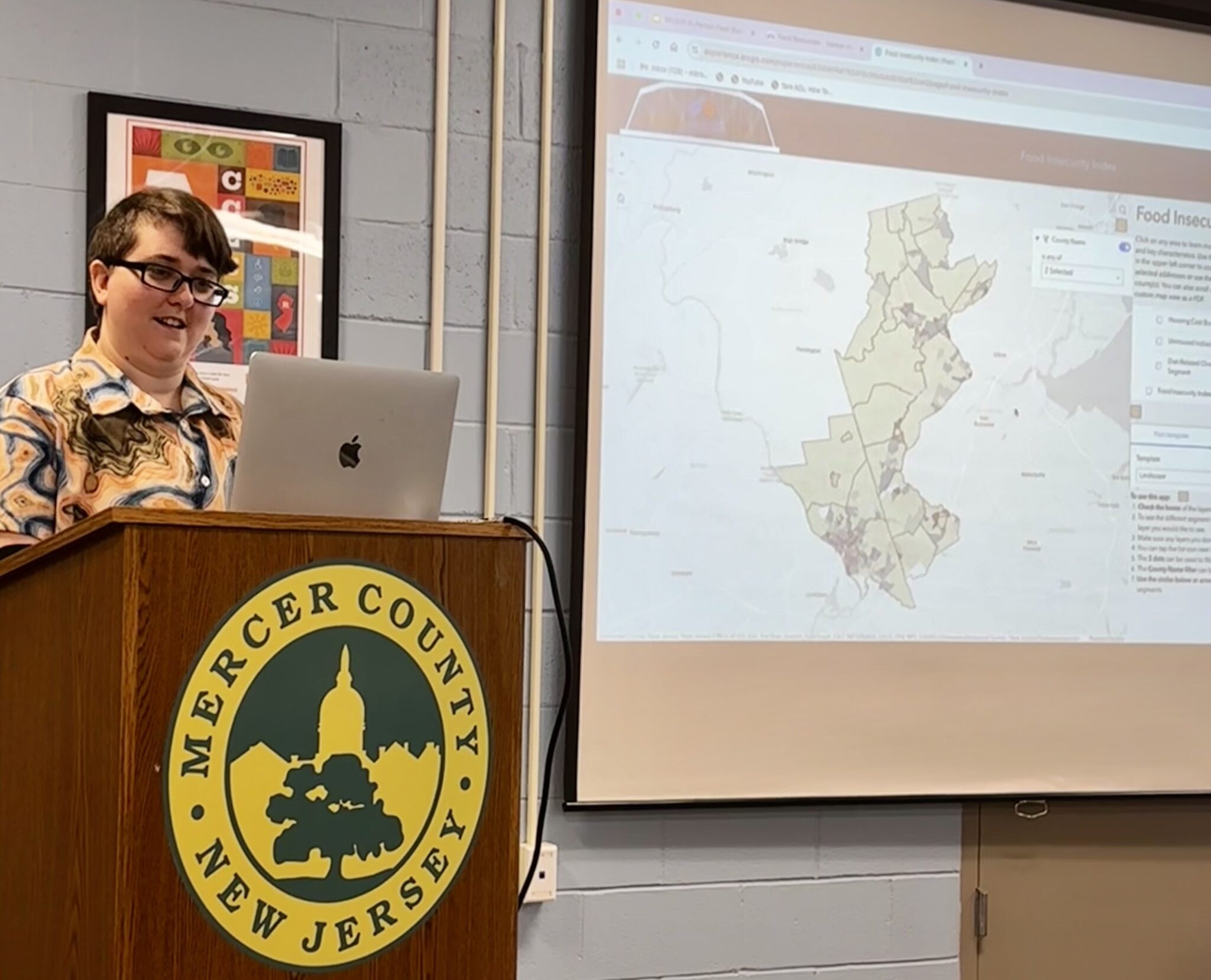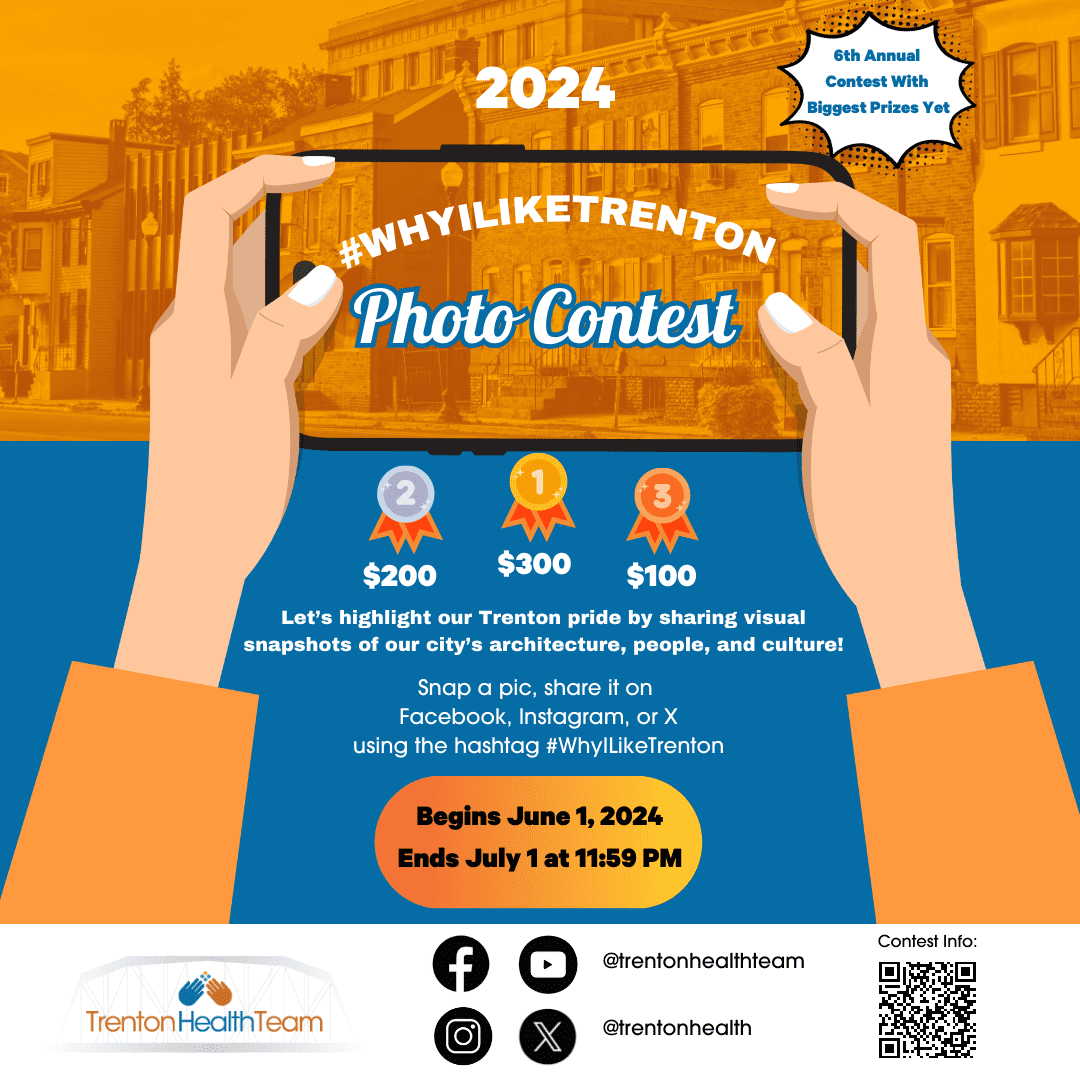New Blog: A Healthy Trenton Begins at Home
New Jersey Health Initiatives is a national program of the Robert Wood Johnson Foundation. NJHI is dedicated to supporting innovations and driving conversations to build healthier New Jersey communities.
Trenton Health Team is proud of NJHI support through the Upstream Action Acceleration grant, as well as the Communities Moving to Action grant. Our latest blog focused on addressing housing conditions as a key factor in improving health and well-being in Trenton. Read THT blog
“A major upstream factor in improving health and well-being in Trenton is addressing housing conditions. More than half of all city housing was built pre-1940, and much of the rental housing is dilapidated, meaning indoor toxins such as lead, mold, and asthma triggers threaten health –especially for children.
Across recent school years, 15% of Trenton kindergartners entered school with elevated blood lead levels, making them 30% more likely to fail third-grade reading and math tests, and seven times more likely to quit school. And while just 23% of the county lives in Trenton, city residents account for 76% of asthma-related emergency department visits.
Changing this outcome for Trenton residents will require collaboration and community engagement.
Since our founding in 2006, Trenton Health Team (THT) has been harnessing the collective power of community partners to promote public health. Isles, Inc., a key partner in this project, is a founding Community Advisory Board member for THT and collaborates with us on projects enhancing quality of life across the city.
Drawing on the Trenton Health Information Exchange operated by THT and containing clinical records on 600,000 people, the expertise of Isles, and our network of service providers, we will uncover household environmental hazards, map “hotspots” of health issues related to housing conditions, identify residents in need of service and address their needs.
Interventions include sharing education about indoor health hazards and resource kits, referring individuals for lead abatement and healthy homes repairs, and care management services. We also will use lessons learned to develop policy recommendations focused on improved housing inspection and code enforcement….”












